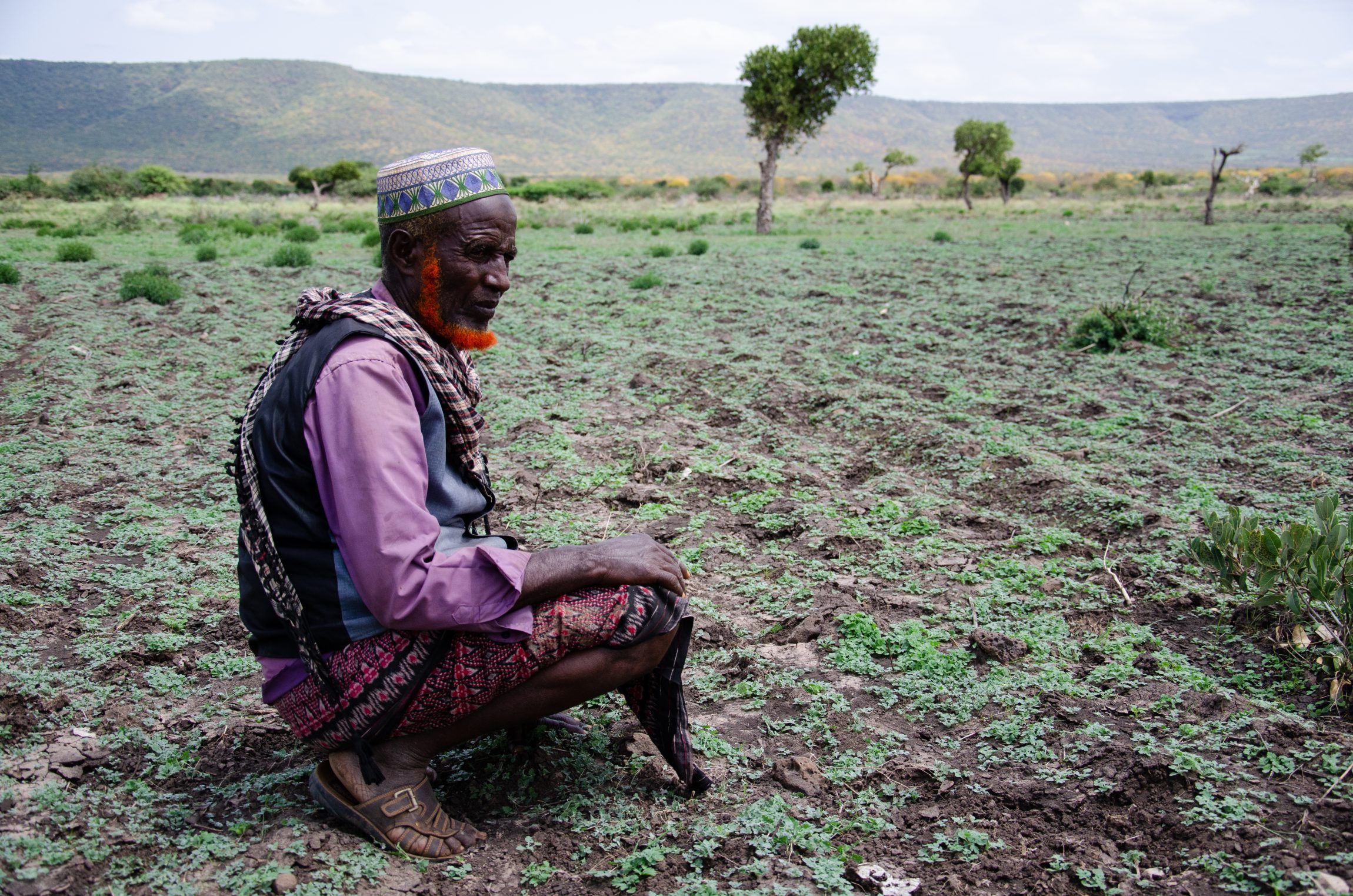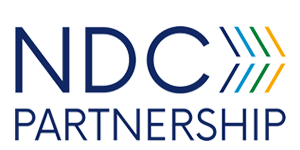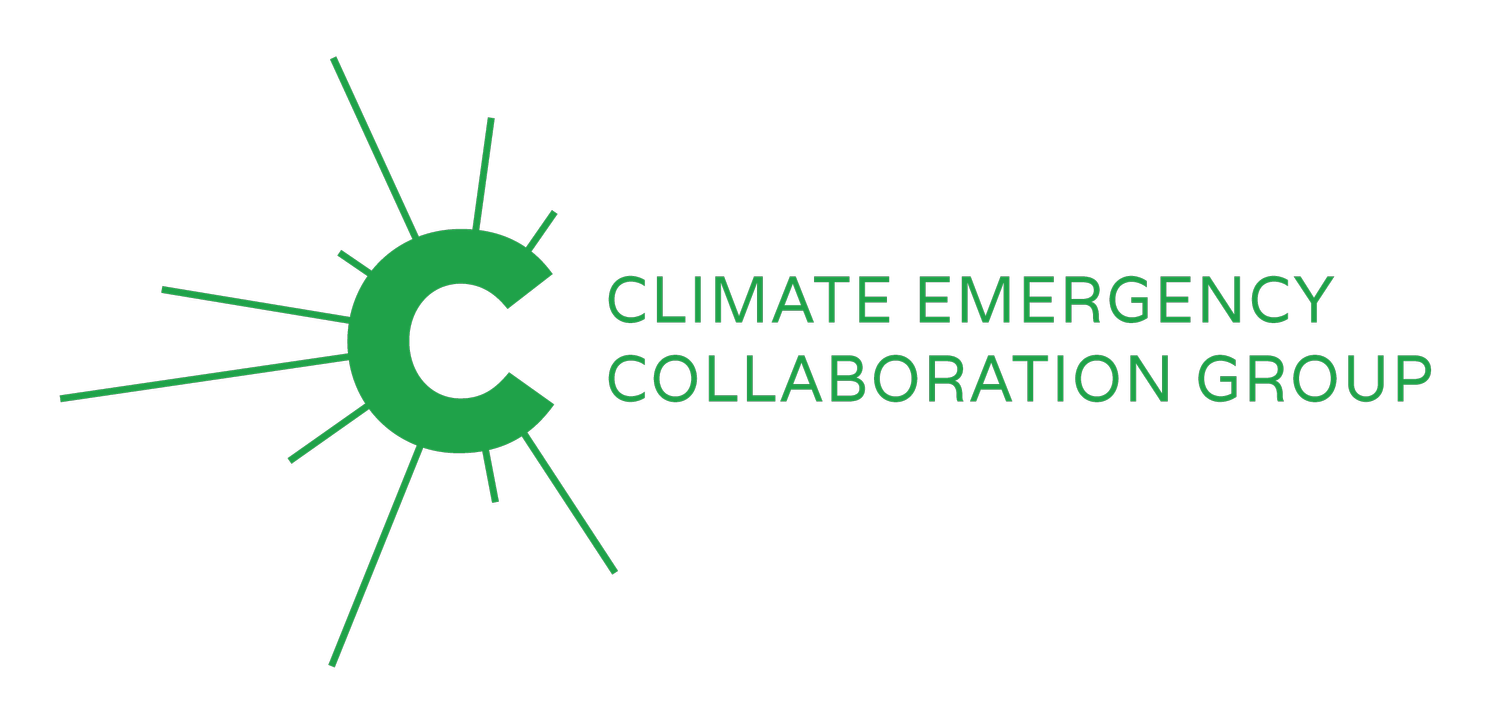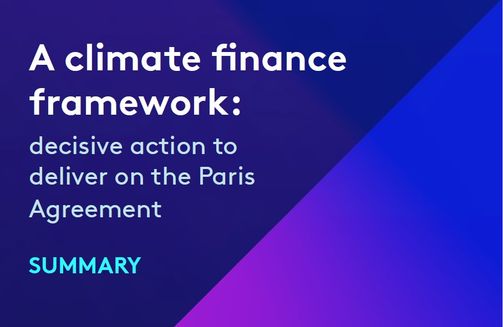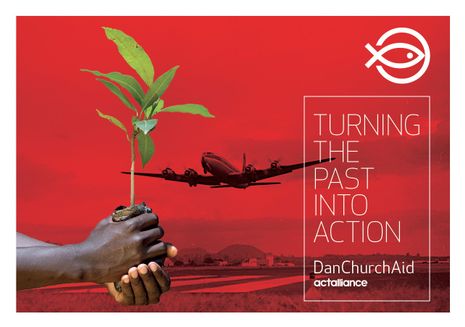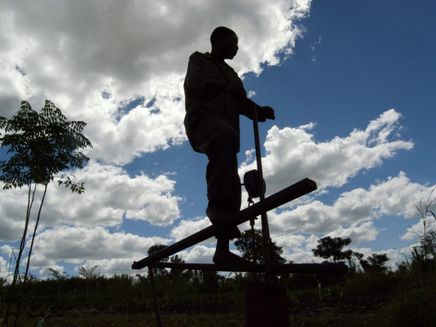Press release: ‘World leaders must make headway for adaptation – there are no alternatives‘
Climate change is a growing threat to the world as we know it – and world leaders must continue their efforts to find solutions in 2024.
Part of these efforts included a first ministerial that was held in Denmark the 21-22nd of March. One of the biggest challenges decision makers must consider, is how to scale up, and increase access to, finance for climate adaptation.
DanChurchAid hosted the event ‘The Road from Dubai to Belém’ immediately before The Copenhagen Climate Ministerial to iginite discussion and deliver recommendations to the participants at the ministerial – several of whom were present at the event.
The two-part event consisted of:
- PART 1: Copenhagen Climate Ministerial on the Road from Dubai to Belém
Co-organised by Danish Ministry of Foreign Affairs, CONCITO, and DanChurchAid
Speakers:
- Simon Stiell, Executive Secretary of the UNFCCC
- Dan Jørgensen, Danish Minister for Development Cooperation and Global Climate Policy
and
- PART 2: Integrating Climate and Development for Adaptation Finance
Co-hosted by DanChurchAid, E3G, IIED, CONCITO, UN Foundation, and NDC partnership building on the work of the 2023 Climate and Development Ministerial Process.
Speakers:
- Ana Mulio Alvarez, Researcher, Climate Diplomacy & Geopolitics, E3G (Panelist)
- David Kaluba, NDC In-Country Facilitator for Zambia/AGN Finance Negotiator (Speaker/Panelist)
- Lotte Machon, State Secretary for Development Policy, Denmark (Speaker)
- Mamadou HONADIA, Senior Advisor of the LDC Chair and negotiator on climate finance (Panelist)
- Romeo Bertolini, Deputy Director of Country Engagement for the NDC Partnership (Panelist)
- Tina Stege, Climate Envoy, Marshall Islands (Panelist)
- Toeolesulusulu Cedric Pose Salesa Schuster, Minister of Natural Resources and Environment and Lands, of Samoa, and Chair of the Alliance of Small Island States (Panelist)
You can see a recording of the event here:
The recommendations
DanChurchAid, E3G, IIED, CONCITO, NDC Partnership, and the UN Foundation have come together to provide recommendations for the Copenhagen Climate Ministerial as well as upcoming regional and international events, such as the Climate and Development Ministerial, UNGA Summit of the Future, G20 Summits, leading up to COP29 and COP30. These recommendations were shared at the event at DanChurchAid’s offices.
Reaching the goals of the Paris Agreement, within the broader Sustainable Development Goals, requires integrated and scaled up efforts on mitigation, adaptation, and loss and damage. However, adaptation efforts are falling far behind.
Key Recommendations
- Delivery of commitments and disbursement of public and private finance for adaptation must be dramatically improved and scaled.
- Development of metrics for adaptation in conjunction with the UAE-Belem work program to develop indicators for the UAE Framework for Global Climate Resilience (Global Goal on Adaptation Framework) provide an opportunity to drive further public and private sector investment in adaptation.
- All government decisions and planning must consider climate change risks and include relevant adaptation measures. The next round of NDCs should be integrated with long term development strategies, including adaptation priorities and be translated into holistic climate investment plans.
- The regulatory environment is a critical lever for driving investment into resilience and must be used as such.
- A country owned programmatic approach must be applied that channels funds through national platforms, including to subnational level, for adaptation.
- Discussions around Locally Led Adaptation must move from endorsement to implementation through a trackable roadmap.
- Procedures for access to adaptation finance must be simplified and to the extent possible harmonized. All climate finance providers should implement measures to ease access such as accelerated timelines, accreditation support, use of climate resilience clauses, harmonized application and accountability procedures, and capacity building.
- Efforts to attract private adaptation investments from both domestic and international sources, must be strengthened. This includes exchanging of good practices, de-risking of investments, transparent policies and regulatory frameworks, reducing the cost of capital, and promoting multi-stakeholder partnerships and initiatives to support the development of bankable projects.
- The ongoing International Financial Architecture reform should also apply a risk and resilience lens, to ensure that future flows contribute to adaptation.
- MDB reform must unlock finance for adaptation, improve its quality and accelerate flow.
- Innovative finance must be leveraged to develop and implement new ways to mobilize adaptation finance for integrated climate and development, with a focus on adaptation and resilience.
Partners
Supported by:
Report: Headway for Adaptation
“In mid-2023, the world temporarily touched the 1.5°C warming threshold twice, with floods, heatwaves and wildfires making the headlines daily. In the words of the UN Secretary General, we are moving from an era of global warming to an era of “global boiling”, and adaptation is no longer optional. It is a critical response to rapidly escalating and devastating climate disasters, which all states, municipalities, companies, investors, NGOs, and local communities now face.”
Read more in the 2023 report – Headway for Adaptation authored by CONCITO, DanChurchAid, and UN Foundation.

